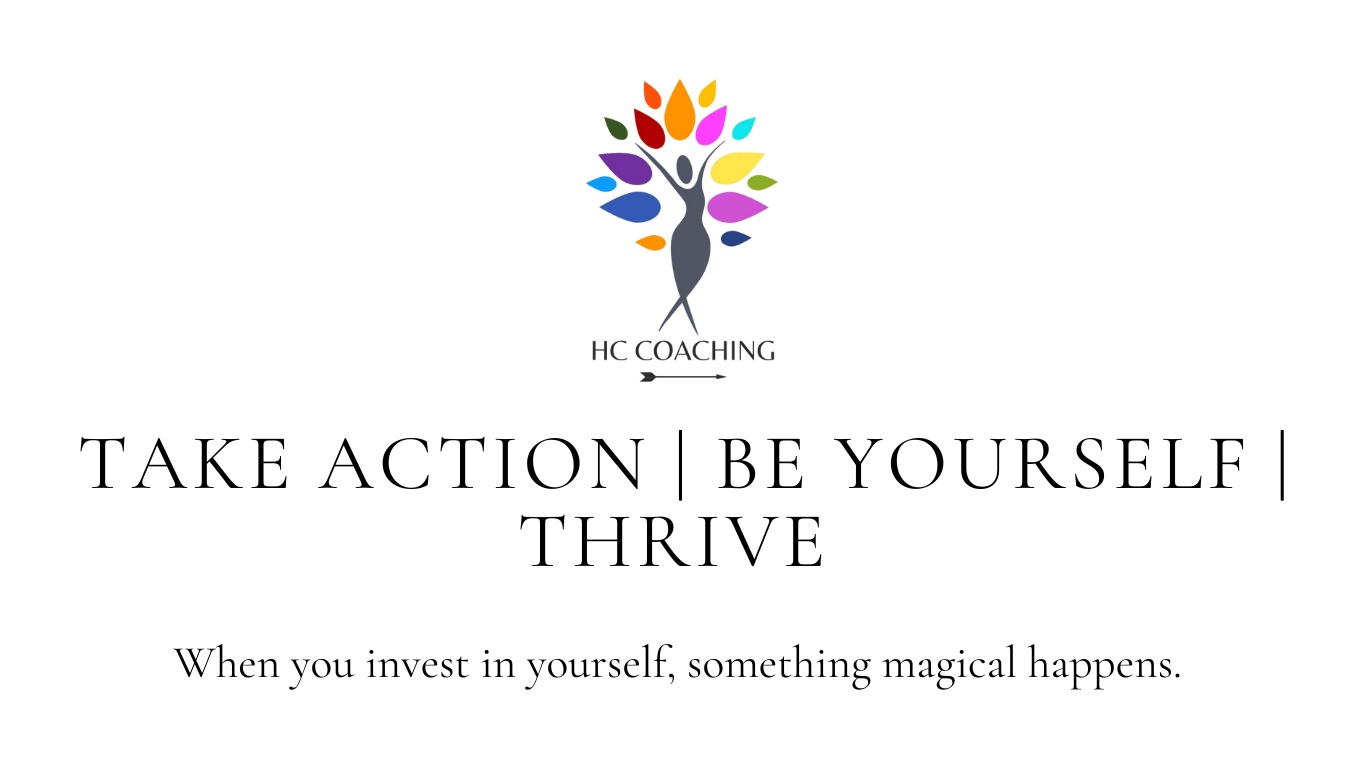Loneliness
This past weekend I spent the day with some very good friends and it was just the tonic I needed. We had actually planned the weekend before the pandemic began over 2years ago, and it kept getting pushed, so to finally get to be together was amazing.
Although we’ve not been able to meet up in person altogether for over 2years, we kept in touch daily (an still do) in a messenger group and we used to do zooms weekly for the first year of the pandemic. Despite being isolated from so many other people, this connection was invaluable to getting us all through the past couple of years. We chatted about minor things, major things, life changes, we vented, we cried, we laughed and we sent many funny gifs. There was nearly always someone else online to talk to.
It may have been virtual, but the support and the sense of belonging made all the difference to how we coped. Bizarrely, most of us had never met in real life before this weekend, yet seeing us all together no one would have ever have guessed it. We had all been brought together by one individual, who probably doesn’t realise what a profound effect she’s had on our lives, even though we tell her again and again.
Our meet us was perfect timing in a way. As I write this post, it’s Mental Health Awareness Week in the UK and the theme is loneliness. It is a huge issue for our wellbeing. In a 20/21 report 25% of respondents said they felt lonely sometimes or all of the time.
The pandemic and lockdown have exacerbated this isolation especially for those with limited support networks, already lived alone or have disabilities that meant their usual network was reduced (eg during times of isolating or essential support bubbles).
There are both physical and mental health impacts of loneliness.
There is no single cause for it, there are many different reasons for why someone feels lonely. Some of these are due to circumstances, some due to health reasons, others because of discrimination or life changes. As such, it’s often not a simple thing to fix either, whether due to circumstances, location or physical/mental health conditions many people can’t just go out ‘and meet people’.
However, if you are feeling lonely, there are things you can do and remember – do it at your own pace. Perhaps join an online community that shares some of your likes or hobbies. Online can be easier at first as communication can be through text rather than speaking and you can always step away from the screen. Or perhaps go along to a class where you don’t have to interact much except for with the teacher.
Various charities offer a befriending service which puts volunteers in touch with those who are feeling lonely. There are also communities run by charities such as Mind where you can connect people. If there are opportunities in your local area, you could volunteer with a charity or community service.
It’s also important that you remember to look after your wellbeing – sleep well, eat a balanced diet, do some physical exercise, avoid alcohol and drugs and spend time with animals (people report that keeping a pet can significantly help with loneliness). The Social Farms and Gardens organisation has a list of outdoor projects around the UK, many of which have animals available to the public.
If you do feel lonely and have friends and family, reach out to them. It can be difficult the first time, but it becomes easier and who knows, some of them might be feeling the same way too.
If you’re not lonely, maybe check in on your family and your friends, make that extra connection.
It’s not easy - but it is possible.
I am an introvert by nature, but I also need social stimulation with people I like. Due to the connections I made online, by putting myself out into the world and helping to form our little community, I was able to avoid feel lonely during the pandemic and for that I will always be grateful.
What can you do today to make a connection for yourself or to help someone else feel less lonely?




